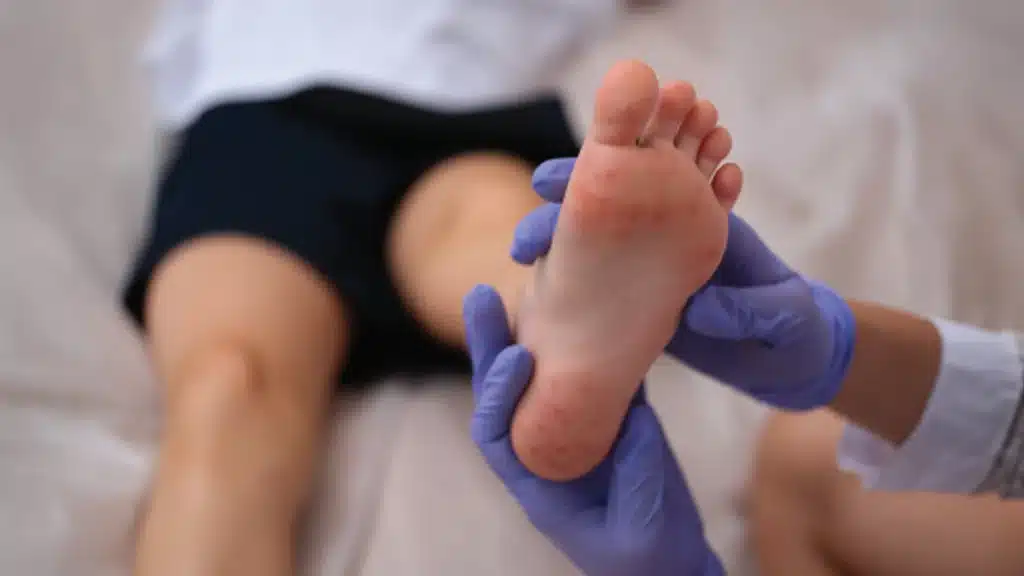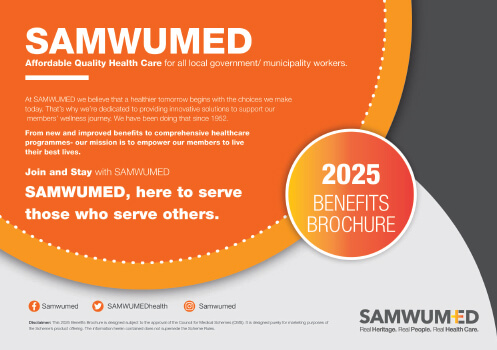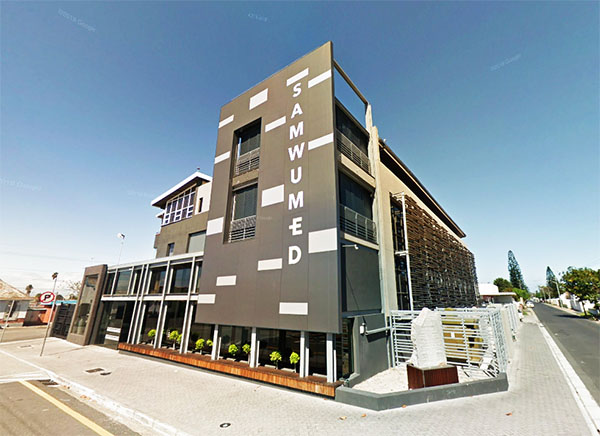BACKGROUND
On 31 December 2019, the World Health Organization (WHO) China country office reported a cluster of pneumonia cases in Wuhan City, Hubei Province of China. Severe acute respiratory syndrome coronavirus 2 (SARS-CoV-2) has been confirmed as the causative virus of Coronavirus disease 2019 (COVID-19). Several provinces in China and other countries have also reported cases. Most cases to date have links to China and person-to-person spread has been confirmed.
Criteria for Person under Investigation (PUI)
Persons with acute respiratory illness with sudden onset of at least one of the following: cough, sore throat, shortness of breath or fever irrespective of admission status AND In the 14 days prior to onset of symptoms, met at least one of the following epidemiological criteria:
- Were in close contact with a confirmed or probable case of SARS-CoV-2 infection; OR
- Had a history of travel to areas with presumed ongoing community transmission of SARS-CoV-2; i.e., Mainland China, South Korea, Singapore, Japan, Iran, Hong Kong, Italy, Vietnam and Taiwan.
- Worked in, or attended a health care facility where patients with SARS-CoV-2 infections were being treated
- Admitted with severe pneumonia of unknown aetiology
Is this virus in South Africa yet?
To date, there have been no confirmed cases of COVID-19 in South Africa, and the institute continues to test for possible cases. 133 persons have been tested for SARS-CoV-2 of whom 89 met the case definition for persons under investigation (PUI) as of 28 February. We note the continued spread of COVID-19 in other parts of the world and the decrease in the number of transmissions in China. Given these recent developments globally and in Africa, it is likely that we will have importation of COVID-19 to South Africa. As such, the country continues to monitor trends of COVID-19 globally and in the African, Region to improve knowledge of the disease and to continually enhance surveillance and response.
What is the South African government saying?
South Africans are assured that measures are in place to detect, manage and contain any cases of 2019 n-CoV should it come to our shores. So far, there are no suspected cases reported.
Port Health authorities have enhanced surveillance of all travellers from Asia, especially China. Provinces have activated outbreak response teams and are on high alert to detect and manage inadvertent cases that may arrive in the country.
Together with the National Department of Health, the National Institute for Communicable Diseases (NICD) has developed and distributed clinical guidelines and case definitions for healthcare professionals in both the public and the private sectors to better detect, identify and respond to a possible 2019-nCoV case.
What are the signs and symptoms?
For confirmed 2019-nCoV infections, reported illnesses have ranged from people with little to no symptoms, to people being severely ill. Typical symptoms include fever, coughing and shortness of breath, and these may progress to severe respiratory illness or even multiple organ failure. The risk of being infected is higher for patients who may have underlying medical conditions.
A key challenge in containing the spread of 2019-nCoV seems to be its incubation period. Although symptoms may appear in as few as 2 days, some patients may take two weeks from exposure to show symptoms, during which time they can transmit 2019-nCoV.
In case of symptoms suggestive of respiratory illness either during or after travel, the World Health Organisation (WHO) encourages travellers to seek medical attention and share their travel history with their doctor.
Can I prevent contracting this virus?
Currently there is no vaccine to prevent 2019-nCoV infection, and the best way to prevent infection is to avoid travel, especially to mainland China. Avoid close contact with people who have travelled in or from mainland China since middle January, or who are showing signs and symptoms of this virus.
It is also a good idea to follow these standard precautions:
- Wash your hands often with soap and water or alcohol-based sanitiser.
- Avoid touching your eyes, nose and mouth with unwashed hands.
- Avoid close contact with people who are sick.
- Stay at home if you are sick.
- Practice cough etiquette; covering your cough or sneeze.
- Clean and disinfect frequently-touched objects and surfaces.
What is SAMWUMED doing about the outbreak?
Through our Managed Care partner we are engaging with providers and each of the hospital groups to establish their state of readiness as well as processes and reporting in place in the event of identifying any 2019-nCoV infection cases.
Although the risk to our members appears to be low at this stage, we will continue to monitor the situation around 2019-nCoV and will share any pertinent information that may affect our members’ health.
Yours in good health
SAMWUMED









